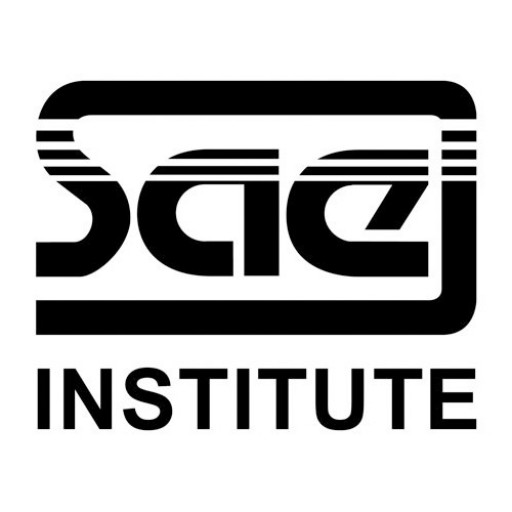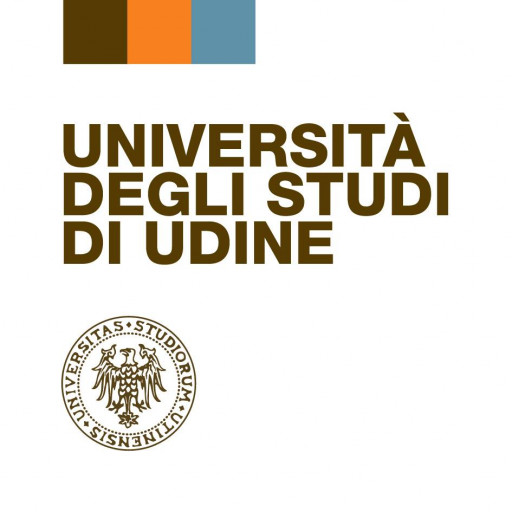Photos of university / #charlessturtuni
The Bachelor of Audiovisual Archiving at Charles Sturt University is a comprehensive undergraduate program designed to equip students with the knowledge and skills necessary to preserve, manage, and facilitate access to audiovisual collections. In an era where digital content is continuously growing and evolving, the role of audiovisual archivists has become increasingly vital in safeguarding our cultural heritage for future generations. This degree program provides a solid foundation in the principles of archival science, media conservation, digital technologies, and collection management, tailored specifically to the unique challenges of audiovisual materials such as film, video, audio recordings, and multimedia formats.
Throughout the course, students will explore the history and significance of audiovisual records, learn about archival standards and best practices, and develop practical skills in cataloguing, digitization, and preservation techniques. The program emphasizes hands-on learning through laboratory work, internships, and industry placements, enabling graduates to gain real-world experience and build professional networks. Additionally, students will study topics such as digital curation, metadata creation, copyright considerations, and ethical issues related to audiovisual preservation.
The curriculum is designed in consultation with industry experts to ensure graduates are well-prepared to meet the current and future demands of the field. Upon completion, graduates will be qualified to work in various sectors including national and regional archives, museums, media organizations, broadcasting companies, and private collections. They will be capable of managing complex audiovisual collections, implementing preservation plans, and providing access to cultural and historical materials in a digital environment. The Bachelor of Audiovisual Archiving at Charles Sturt University is an ideal program for individuals passionate about media history, technology, and cultural preservation, seeking to contribute to safeguarding our visual and auditory heritage.
This course was designed and delivered in consultation with The National Film and Sound Archive.
- Bachelor Level or equivalent
- or Perhaps at a minimum of 3 years professional experience in the area
The financing options for the Audiovisual Archiving program at Charles Sturt University are designed to accommodate a diverse range of students, ensuring accessibility and support throughout their academic journey. Prospective students are encouraged to explore various funding avenues, including government loans, scholarships, and private financial aid. Australian citizens and permanent residents may be eligible for government financial assistance programs such as HECS-HELP and FEE-HELP, which can significantly reduce the upfront cost of tuition fees and allow students to defer payments until their income reaches a certain threshold. Additionally, international students are advised to consider options like international student scholarships, financial aid packages offered directly by the university, or private loans available through financial institutions.
Charles Sturt University often provides numerous scholarships aimed at supporting students in specialized fields such as audiovisual archiving, media studies, and related disciplines. These scholarships are awarded based on academic merit, financial need, or specific criteria related to the program's focus area. Applicants are encouraged to review the university’s scholarship offerings early in the admission process and submit applications accordingly.
Apart from scholarships and loans, students can explore part-time employment opportunities facilitated through the university’s career services and local job markets. Many students balance work commitments with their studies to help finance their education and living expenses. The cost of attendance includes tuition fees, which vary depending on whether students are domestic or international, and living expenses. International students should also consider additional costs such as visa requirements, health insurance, and relocation expenses.
The university provides detailed guidance and resources to assist students in planning their finances. Financial counselling services are available to help students understand their options and develop a sustainable payment plan. Moreover, some students may qualify for external grants or sponsorships from cultural heritage organizations, arts councils, or industry partners interested in supporting education in audiovisual archiving and media preservation.
Overall, Charles Sturt University aims to make Audiovisual Archiving education accessible through a comprehensive range of financial support options. To maximize financial aid opportunities, students are encouraged to apply early, thoroughly research eligibility criteria, and seek personalized advice from university support services. By leveraging available resources, students can focus on their academic and professional development without undue financial stress.
The Bachelor of Arts (Visual Arts) with a specialization in Audiovisual Archiving at Charles Sturt University is designed to equip students with comprehensive skills in the preservation, management, and dissemination of audiovisual materials. The program emphasizes both theoretical understanding and practical application, preparing graduates for careers in film and television archiving, digital media preservation, and cultural heritage management. Students will explore topics such as multimedia documentation, archival standards, digital preservation techniques, and the legal and ethical issues related to audiovisual materials. The curriculum typically integrates coursework in media studies, information technology, and history, providing a well-rounded education that fosters critical thinking and technical proficiency. Practical components often include internships or placement opportunities in professional archives and media organizations, allowing students to gain real-world experience. The program aims to develop skills in cataloging, conservation, and digital curation, which are essential for maintaining the accessibility and integrity of audiovisual records in a rapidly evolving technological landscape. Graduates are prepared to work in museums, libraries, broadcasting companies, and specialized archival institutions. The program also promotes research skills and encourages innovative approaches to audiovisual preservation, addressing challenges posed by digital obsolescence and rights management. Through a combination of lectures, workshops, and project work, students will build a portfolio demonstrating their expertise in audiovisual archiving practices. Overall, the Bachelor of Arts in Audiovisual Archiving is a comprehensive program that combines academic knowledge with practical skills, aiming to support the cultural sector in preserving multimedia heritage for future generations.









